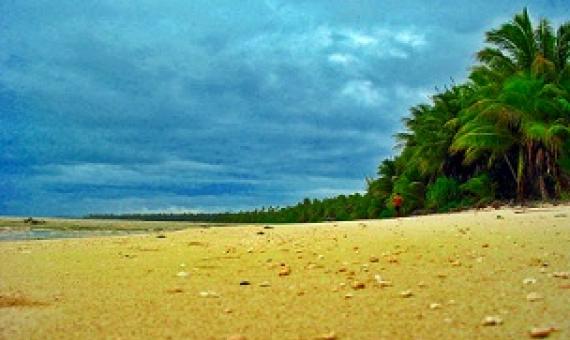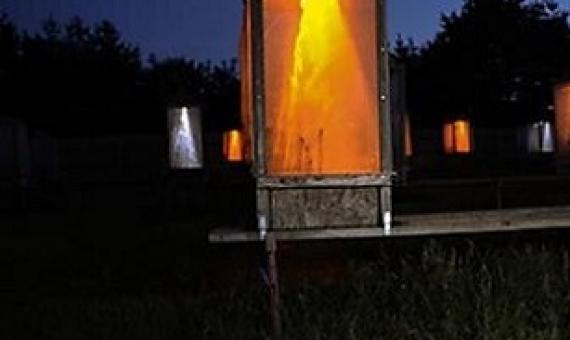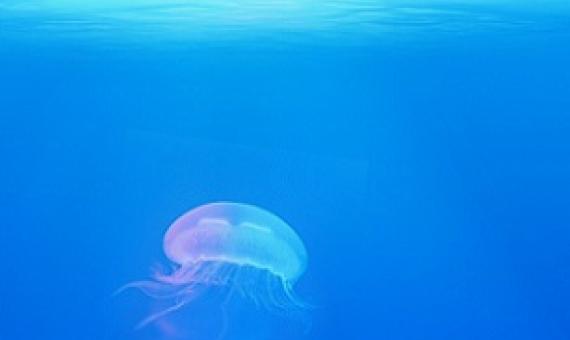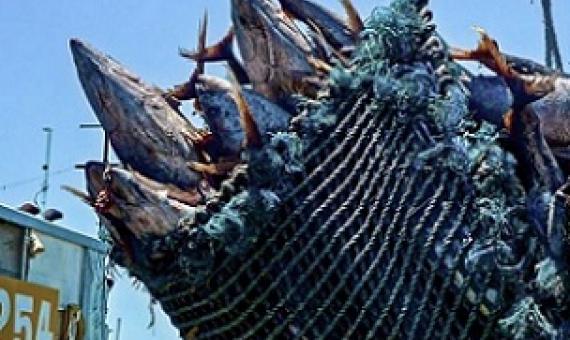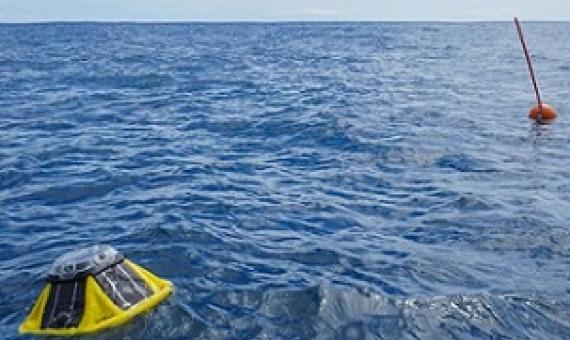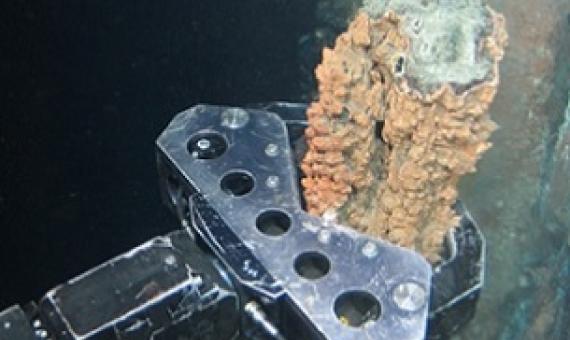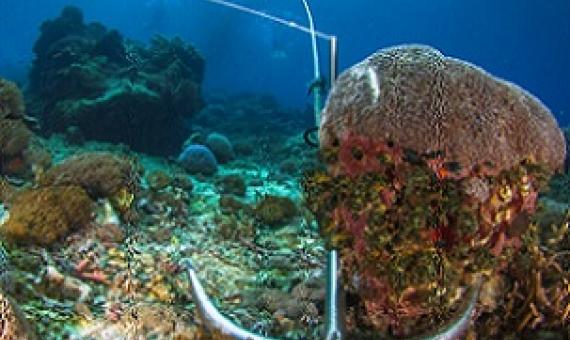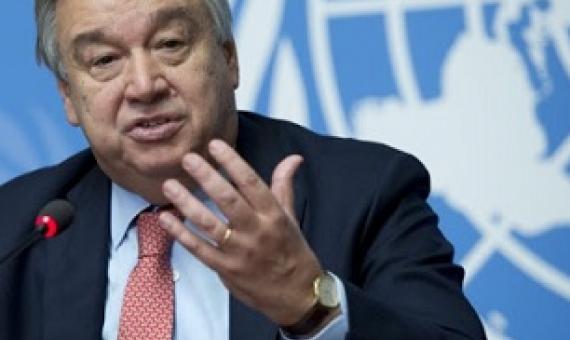United Nations to “Protect Fiji” — Environmental Awareness Key to Major Findings for Australia's State of the Marine Environment report
This United Nations-backed report, hosted by the Pacific Regional Environment Programme (SPREP) in collaboration with Australia’s environmental authorities, highlights critical insights from a comprehensive assessment of Fiji’s marine environment. Key findings include:
Urgent need for environmental awareness: Enhanced public understanding is essential to safeguard Fiji’s rich marine resources from threats like marine pollution, coastal habitat destruction, and climate change impacts.

